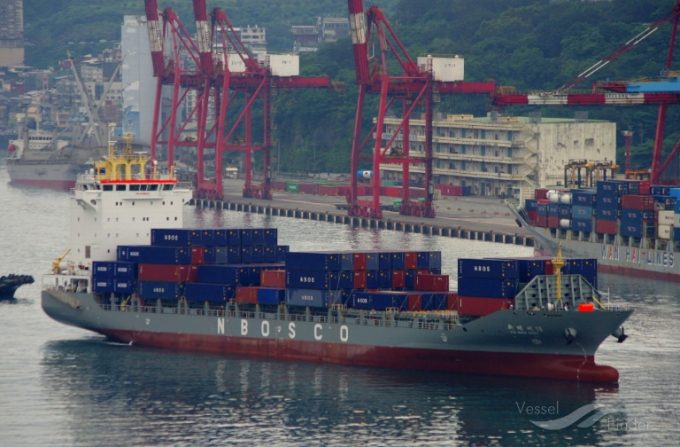BBG: Honeywell weighs Quantinuum IPO at $10bn valuation
BLOOMBERG reports: Honeywell International is considering an initial public offering of its majority-owned quantum computing firm Quantinuum ...

Ningbo Ocean Shipping Co (NBOSCO), Ningbo-Zhoushan Port Group’s shipping subsidiary, is going ahead with its listing on the Shanghai Stock Exchange, although it is halving its fundraising target.
In its prospectus to the Shanghai bourse on Monday, NBOSCO said it would be issuing not more than 130,863,334 shares, to raise CNY1bn ($138m) to buy or build containerships, bulk carriers and 10,000 teu of containers.
The state-owned Ningbo-Zhoushan Port, which holds an 81% stake in NBOSCO, will remain the majority shareholder. Zheshang Securities ...
'Disastrous' DSV-Schenker merger would 'disrupt European haulage market'
New senior management for DSV as it readies for DB Schenker takeover
Volumes set to 'fall off a cliff' as US firms hit the brakes on sourcing and bookings
Asian exporters scramble for ships and boxes to beat 90-day tariff pause
Amazon pushes into LTL for small package fulfilment and UPS does a u-turn
Temporary tariff relief brings on early transpacific peak season
Pre-tariff rush of goods from US to China sees air rates soar, but not for long
Forwarders 'allowing the fox into the chicken run' by supporting 'hungry' carriers

Comment on this article